Summary
- Andor’s second season premieres on April 22nd, with high anticipation and pressure on its success.
- Disney may be pivoting away from further TV series after recent underperformances in Star Wars projects.
- Andor has a creative advantage with a built-in expiration date for its final season, avoiding potential fatigue.
When season one of the Star Wars spinoff series Andor was released on Disney+ back in 2022, it was hailed as a breath of fresh air for a franchise that had struggled to recapture some of its early magic. The sequel trilogy, while earning solid reviews, was divisive among the fanbase. The streamer’s other serialized offerings were a bit of a mixed bag, with shows like The Book of Boba Fett and Obi-Wan Kenobi garnering a mixed response from viewers. Andor brought a much-needed look at the Star Wars universe from a ground level, offering a different perspective on the resistance on a more intimate, human scale.
Fast-forward three years, and anticipation is high for Andor’s second season, which will premiere on April 22, 2025. In the intervening years, Disney’s Star Wars TV slate has suffered a couple more setbacks. The lukewarm reception for The Mandalorian season three and the perceived failure of 2024’s The Acolyte (due in part to an anti-“woke” backlash campaign) puts even more pressure on Andor’s return. Depending on how the second season fares with critics and fans, it has the potential to make or break Disney’s continued investment in Star Wars spinoffs.
Why Disney+’s Star Wars Series Are In a Tough Spot
It should be said right away that Star Wars remains a very lucrative property for Disney, and it’s unlikely they’re going to stop making new content for the franchise any time soon. However, it does seem to be in something of a transitional period right now. There are plenty of new projects in development, but it seems that Disney might be pivoting away from further TV series after many of its recent offerings underperformed. As of now, the only other Star Wars TV project confirmed to be in active development is Ahsoka season two. A feature film follow-up to The Mandalorian seems to have taked the place of a new season. There’s also been no word yet on the future of the better-received Skeleton Crew, which recently wrapped its first season.
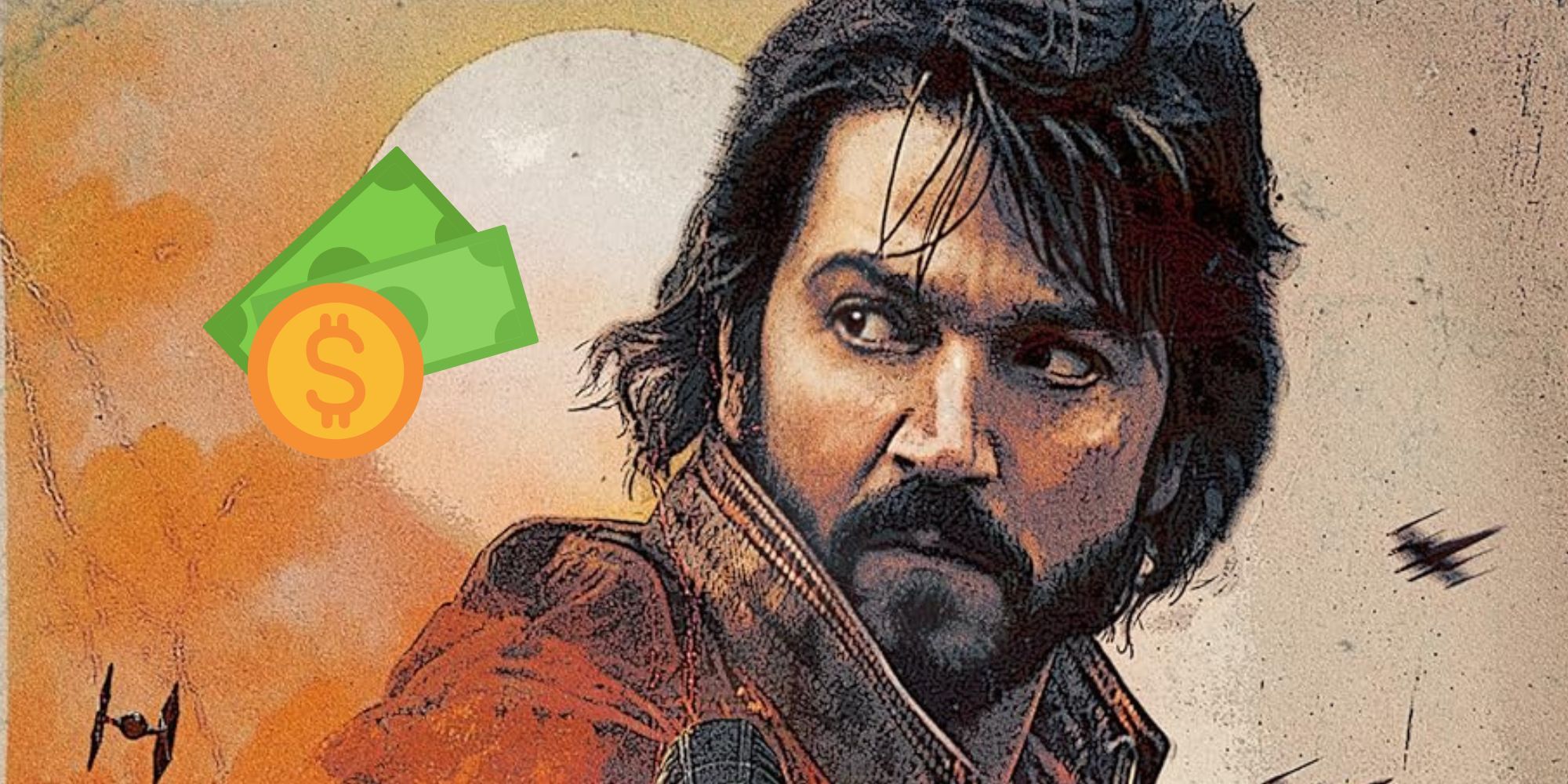
Related
Andor Breaks A Massive Star Wars Record
The finances behind Disney’s critically acclaimed Andor series have been revealed and the series is a costly one.
Star Wars seems to be going through some of the same growing pains as Disney’s other big property, Marvel, which has struggled to find a way forward after its own string of disappointments. With its main saga seemingly concluded, many of Disney’s upcoming Star Wars projects seem to be focused on exploring one-off stories set in other corners of the galaxy. But it seems that, much like with Marvel’s recent struggles, some fatigue is setting in among fans.
Andor remains a bright spot in the franchise, one that has genuine anticipation built in that many of the other projects don’t. There are plenty of Star Wars fans who will check out pretty much anything the franchise has to offer. However, it’s hard to get too excited about many of the in-development properties, especially since very little is known about them.
Going in, Andor’s first season wasn’t a surefire success, focusing on a character from a one-off prequel movie. But it quickly proved its worth with a complex, multifaceted story that stands as one of the saga’s best. Season two has the same creative team, including showrunner Tony Gilroy, so there’s no reason to think it won’t be able to build on season one’s surprise success. If season two does manage to stick the landing, it may show Disney that there are still Star Wars stories worth telling in an episodic format, particularly ones that offer more narrative complexity.
Andor Season Two Has a Big Advantage
While there’s plenty of reason to be hopeful for Andor season two, there’s some cause for concern as well. The nearly three-year delay between seasons was largely caused by forces outside of Disney’s control, particularly the WGA and SAG-AFTRA strikes. Even the best series can struggle to recapture the momentum lost by such delays, both creatively and with audiences. While an extended break might allow the writers to fine-tune the story, it might also lead to changes that don’t help the series, or may make the studio primed to take fewer risks.
Luckily, Andor has one major creative advantage over other series: its built-in expiration date. Season two is also set to be the series’ final outing, as it leads into the events of Rogue One. This gives it the opportunity to bring its story to a conclusion in ways that many ongoing series don’t have. This was built into the plan from the beginning, so Gilroy and his fellow writers were able to conceive of a two-season arc without having to worry about how to continue the story if Disney wanted more seasons. This shortened life span means that Andor is less likely to wear out its welcome or become bogged down with the larger mythology, like what happened to The Mandalorian in season three.
Disney took a sizable risk greenlighting Andor’s first season, and that risk paid off creatively and commercially. If season two is able to bring the story to a satisfying conclusion (and bring the fans along with it), it may prove there’s still some value in Star Wars’ TV slate.
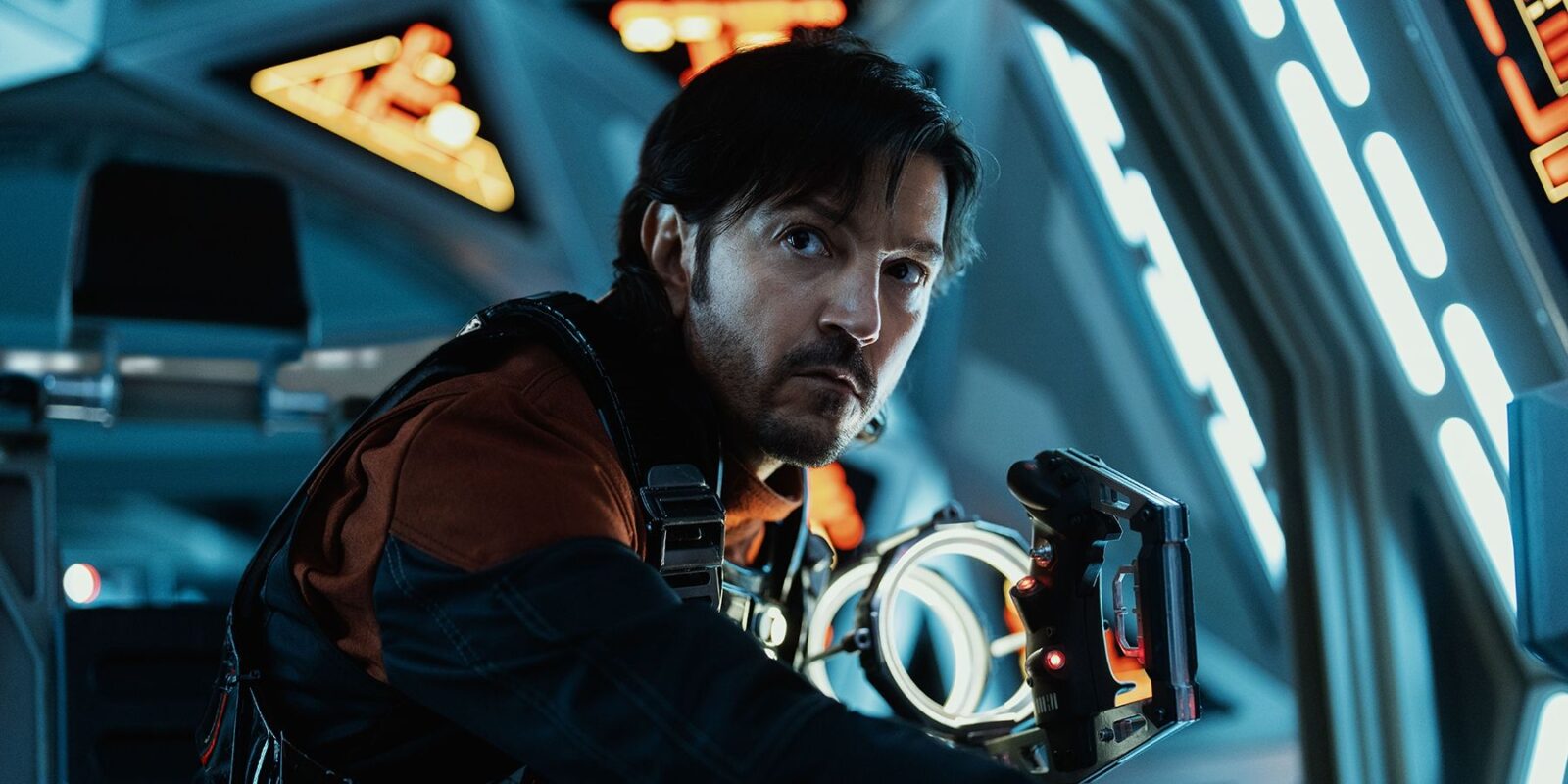

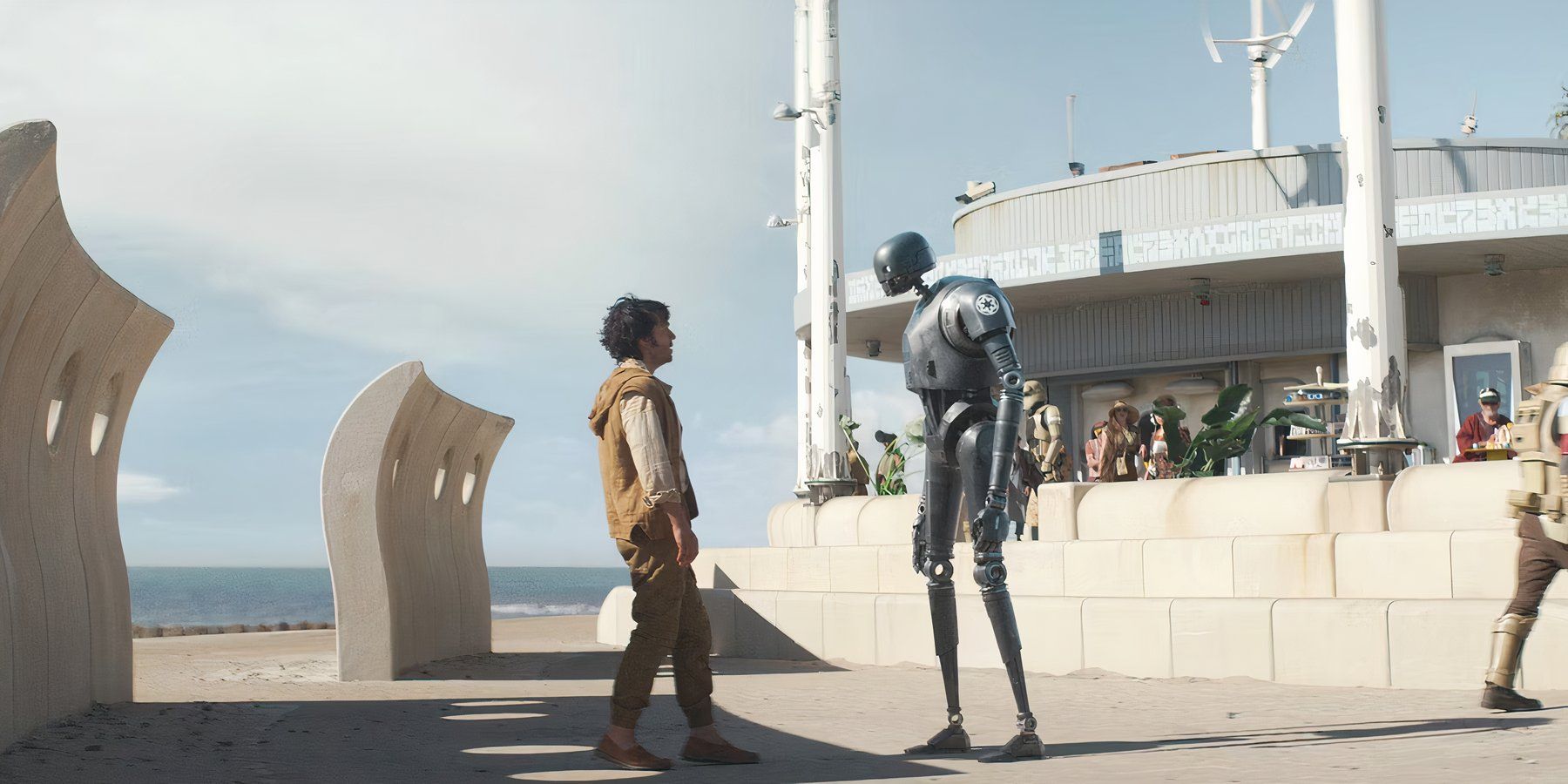

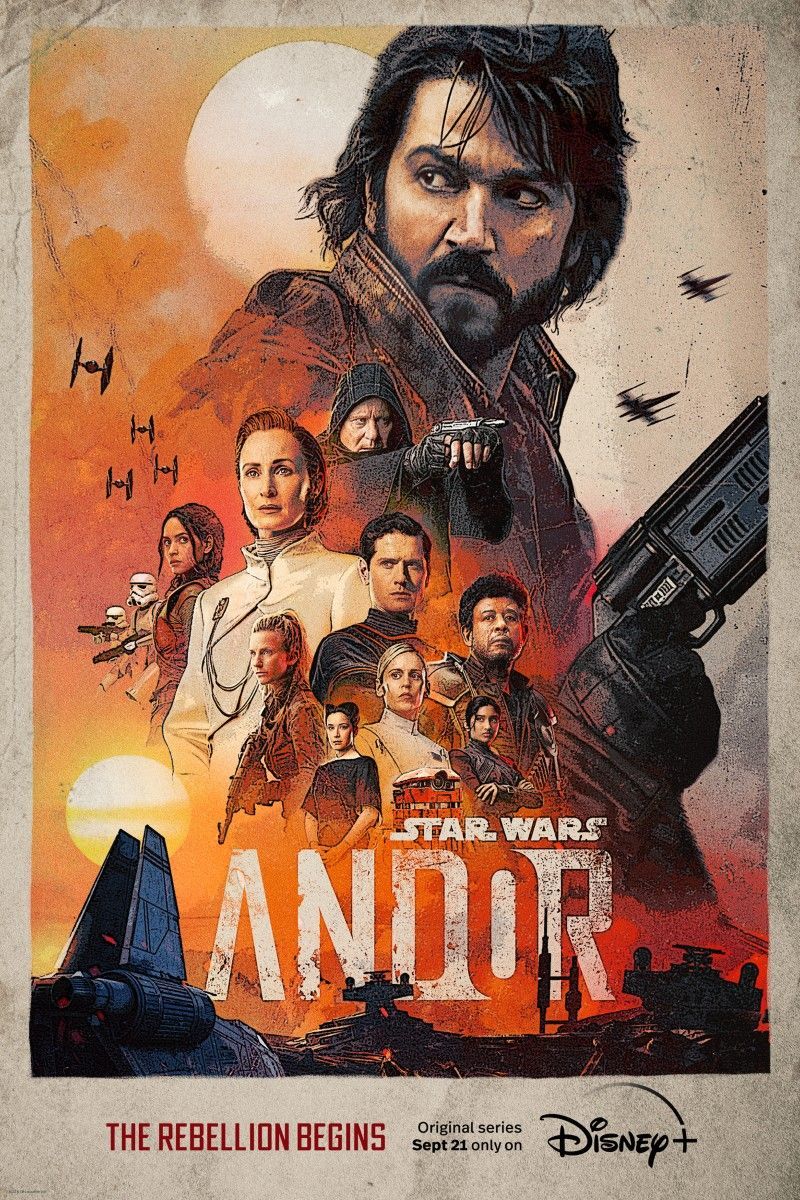

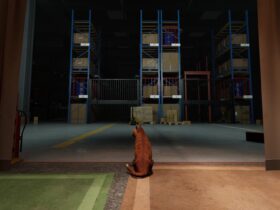








Leave a Reply